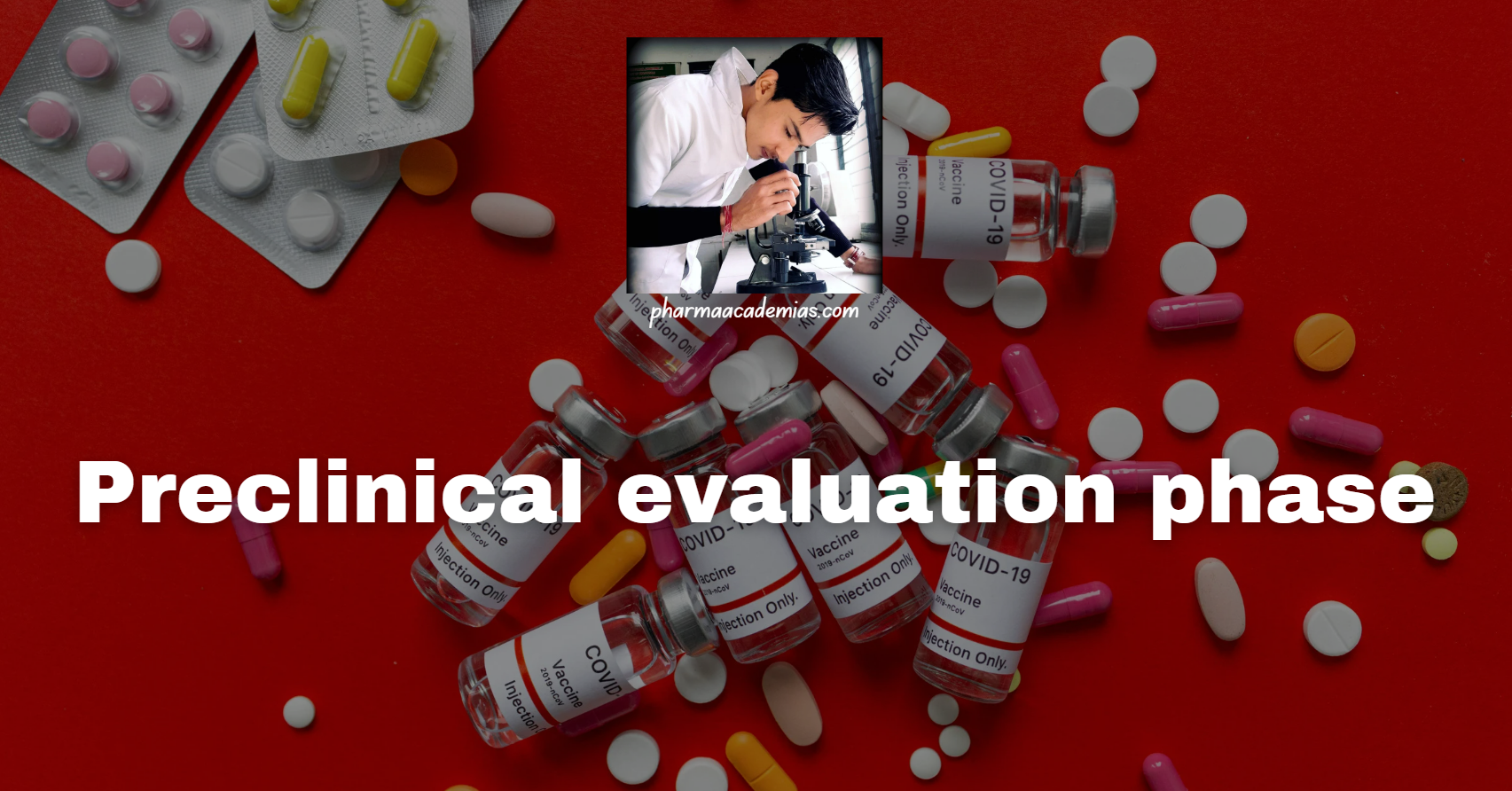Preclinical evaluation phase
The preclinical evaluation phase is a critical stage in drug development that occurs before testing in human subjects. It involves a comprehensive assessment of the safety, pharmacokinetics, pharmacodynamics, and toxicology of a potential drug candidate using in vitro and in vivo models. Here’s a detailed note on the preclinical evaluation phase: 1. Study Design and … Read more





